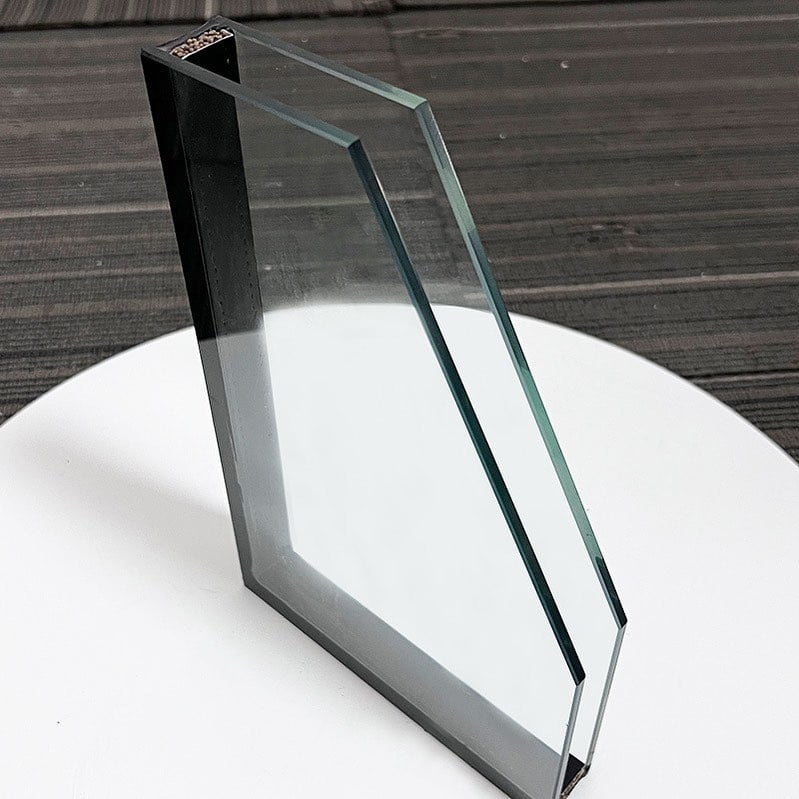Double Glazing

Double glazing also known as insulated glass is a form of window insulation that uses two or more panes of glass in each window frame. Double glazing helps to keep homes warmer in winter and cooler in summer, providing energy efficiency throughout the year. It also reduces noise levels from outside and increases privacy for homeowners.
History of Double Glazing / Insulated Glass
Double glazing or insulated glass was first developed in the 1930s as a way to improve the energy efficiency of buildings. The earliest versions of double glazing or insulated glass used a layer of air between the two pieces of glass. However, as technology has advanced, other gases such as argon and krypton have been used to create even more energy efficient insulated glass.
How is Double Glazing Made?
Double glazing or insulated glass is made by sandwiching a layer of air or another gas between two pieces of glass. The two pieces of glass are then sealed together to form an airtight seal. This trapped air or gas acts as an insulator, helping to reduce heat loss in the winter and heat gain in the summer. The final product is a glass that has a higher thermal performance than regular glass.
What are the advantages of Double Glazing?
Double glazing or insulated glass has a number of advantages over single glazing, including:
- Improved energy efficiency: The trapped air or gas between the two pieces of glass helps to reduce heat loss in the winter and heat gain in the summer, which can help to reduce energy costs.
- Increased comfort: Double glazing or insulated glass can help to keep a building warmer in the winter and cooler in the summer, which can increase the overall comfort of the space.
- Reduced noise: The two panes of glass and the trapped air or gas can help to reduce noise transmission, which can be beneficial in noisy areas.
What are the disadvantages of Double Glazing?
Double glazing or insulated glass does have a few disadvantages, including:
- Higher cost: Double glazing or insulated glass is more expensive than regular glass.
- Difficulty of repair: If the seal on the insulated glass is broken, the unit will need to be replaced, as it can’t be repaired.
- Limited design options: Insulated glass is not as versatile as single paned glass when it comes to design options.
What are the applications of Double Glazing?
Double glazing or insulated glass is suitable for a wide range of residential and commercial applications, including:
- Windows
- Skylights
- Facades
- Doors
- Commercial office buildings
In conclusion, double glazing or insulated glass is a great choice for your new windows or window glass replacement on your existing windows to improve the energy efficiency and comfort of their home or business. It may cost a bit more than regular glass, but the energy savings and other benefits make it worth the investment. The use of low E glass and double glazing is set to increase significantly over the next few years as the Australian government has introduced new regulation to build more energy efficient homes.

AUTHOR: Nhu Tran
Operations Manager & Glazier at Grand Glass Repairs - Door & Window Glass Replacement
Nhu Tran is a highly experienced glazier who currently works for Grand Glass Repairs in Sydney. With many years of experience in the field, Nhu has become an expert at he’s craft and can be counted on to get the job done right, no matter how challenging it may be. He takes great pride in her work and is always looking for new ways to improve her skills. When she’s not working, Nhu enjoys spending time with he’s family and friends.
